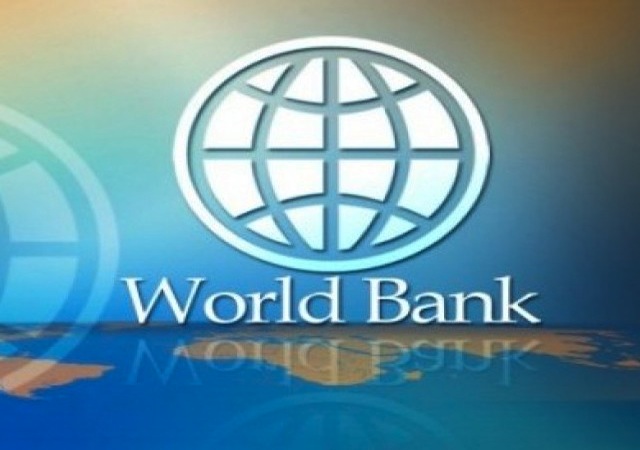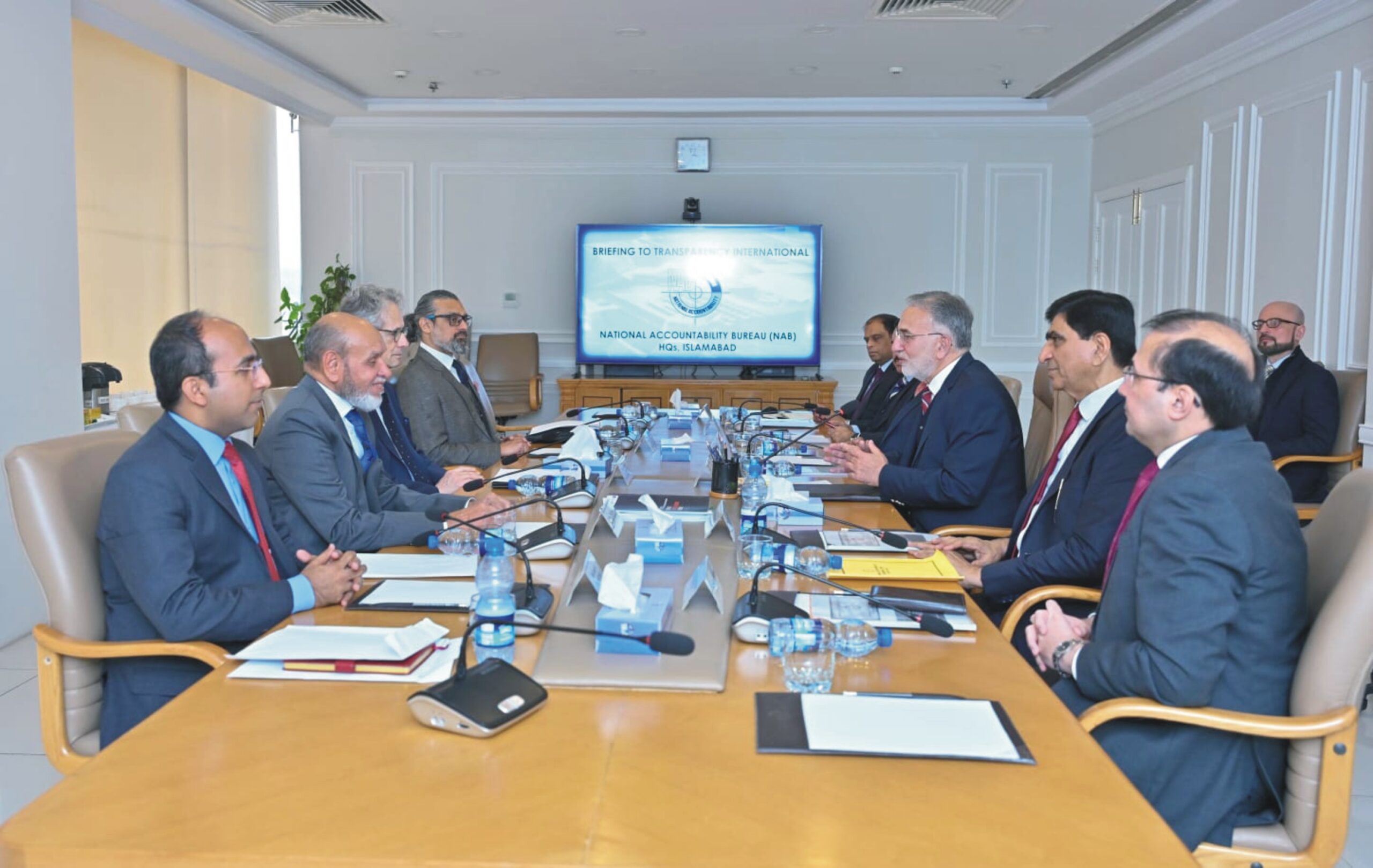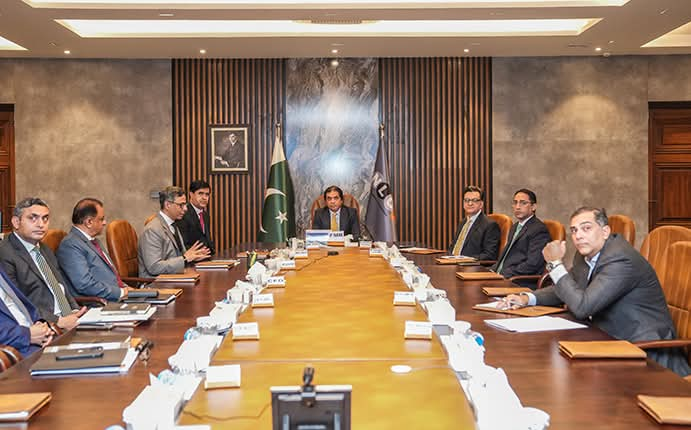
Naveed Ahmad Khan
ISLAMABAD :Today, the World Bank’s Board of Executive Directors approved $300 million in financing for two projects in Pakistan—the Sindh Resilience Project and the Solid Waste Emergency and Efficiency Project. These investments will bolster Pakistan’s efforts to build resilience to natural hazards such as floods and droughts in the Sindh province, and will strengthen solid waste management in Karachi to tackle recurrent urban flooding and public health emergencies in the city.
“Building resilience to natural disasters and health emergencies is an important and urgent agenda in Pakistan, that will help save lives and protect the economy,” said Najy Benhassine, World Bank Country Director for Pakistan. “The debilitating impact of recent floods in Karachi, droughts and extreme rainfall in Sindh, and of course the COVID-19 pandemic, make it imperative that risk reduction investments strengthen multi-sectoral dialogue and coordination at the city, provincial, and national levels to ensure protections for vulnerable communities and fight the spread of disease.”
The US$200 million Sindh Resilience Project Additional Financing will help the government better manage climate and disaster risks, including floods, droughts, and public health emergencies. The project will strengthen linkages between disaster risk management and the health sector by establishing the Sindh Emergency Service to strengthen capacity for disaster preparedness and emergency response, including health crises such as COVID-19. The project also improves irrigation infrastructure to protect vulnerable communities living in rural areas, which will directly benefit 750,000 citizens in drought-prone areas of Kirthar range hills and the Nagarparkar region in the Tharparkar District.
“The establishment of Sindh Emergency Service will greatly enhance the government’s responsiveness to natural disasters and emergencies, particularly in a megacity like Karachi where many lives are lost due to insufficient emergency medical services,” said Ahsan Tehsin, Task Team Leader for the Sindh Resilience Project. “The project will also improve water security for rural communities that suffer from chronic malnutrition and poverty and are forced to migrate due to water insecurity.”
The US$100 million Solid Waste Emergency and Efficiency Project (SWEEP) will improve solid waste management services in Karachi – Pakistan’s largest city of more than 16 million people – and upgrade critical solid waste infrastructure to reduce urban flooding and public health risks. The project focuses on emergency waste removal to restore stormwater drainage capacity before the next monsoon season, especially in vulnerable communities around drainage and waste collection sites. The project will improve living conditions for at least half a million residents of Karachi and increase protections for workers by introducing safety protocols that improve labor conditions. SWEEP also addresses deficiencies in existing solid waste infrastructure by constructing and upgrading critical infrastructure, such as collection, transfer and disposal facilities. It also leverages the Competitive and Livable City of Karachi Project (approved on June 27, 2020) to advance long-term planning, policy reforms, and behavioral changes required to improve the solid waste management sector.
“Engaging citizens and community members, including informal workers, is essential for sustainable and safer waste management solutions,” said Suhaib Rasheed, Task Team Leader for the Solid Waste Emergency and Efficiency Project. “Equally important is a focus on financial sustainability, which will require continued efforts to develop private sector partnerships and sustainable revenues streams to offset the costs of delivering these vital services.”







